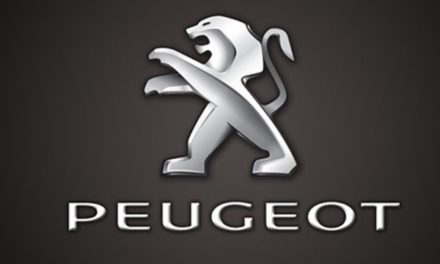
Keep stoking growth. Don’t get scared now
It is time we stop vacillating over our so-called growth at home strategies and make up our minds whether we want growth or a nice cosy economy that still fails to deliver the goods for the hundreds of thousands of people in need.
Perhaps we can learn something from commercial banks where the conventional wisdom is that it is easier to turn a loss-making entity into a profitable one than to fund a start-up operation that must still fight for its market share.
When our policymakers and our regulators look critically at the statistical results of our stated intention to grow the economy at more than 5% per year, they agonise over inflation, indebtedness, credit growth and what not. In the meantime, they do not realise that all these ails are a natural concomitant of aggressively growing economic output.
I would rather they cry over our decreasing competitiveness, our mentality of entitlement, and, in economic terms, our steadily deteriorating Term of Trade.
In the debate over growth and risk, pundits for the first maintain we must push as much capital into the economy as it perceptibly can absorb, and then some. The risk averse group whines over this attitude saying our efforts only contribute to financial instability over the longer term. The unfortunate thing is, I agree with both, but I realise one has to make up one’s mind, and decide which track to follow.
When the government announced an additional N$18 billion economic stimulus, spread over three years, I did not hear many voices complaining. When a partial result of that stimulus was the noticeable increase in inflation, coupled with private credit that threatened to explode, caution became the new domain of the scared. Still, the economy kept growing at a tempo I can only describe as extreme.
Despite what official statistics say, my own calculations say that we have shown nominal growth in excess of 13% since 2011 when the so-called TIPEEG targeted investment programme was announced. If I revisit the projections for the Medium Term Expenditure Framework in this year’s Fiscal Policy Framework, I find confirmation for my view that it is official policy to maintain nominal growth above 12%. In reality I believe that this year and next, it may actually be in the order of 17%.
In February the finance minister told us Gross Fixed Capital Formation was (then) estimated to have grown by 17.3% in 2013, projected to shoot up to 25.3% this year, before receding somewhat as some of the infrastructure projects neared completion. Now, I believe that was a rather conservative take, and that we shall see growth in Fixed Capital of at least 25% for another two, possibly three years.
I think few realise what an economic tsunami is flooding over Namibia. We look at the many impressive statistics but fail to grasp their significance, and more importantly, we fail to see the bigger picture where the interdependency of all these loose statistics, start to draw the outlines of an economy that is growing at break-neck speed.
Surely the most uninformed politician must realise there has to be some connection between all these macro-economic forecasts and statistics that are so glibly offered by experts we assume know what they are talking about.
There has to be some sort of relationship between Gross Fixed Capital Formation and nominal growth. Furthermore, the underlying driver of much of this growth is credit, and investment. I realise there is a raging debate in economic circles in an effort to try and define the two, but I do not want to go into a technical analysis here. Suffice to say, whether capital enters the economy for investment purposes or for consumption, it becomes irrelevant when one considers that investment will drive consumption, and eventually, more consumption will drive further future investment.
This see-saw does not concern me. What bothers me, is the inability to realise that strong nominal growth requires strong credit extension, and that inflationary pressures are sure to arise when liquidity is amplified. I would dare to say, one must not be too concerned over this. There are many other aspects of the economy that also contribute to inflation. Credit growth is not something to fear. We have seen much higher monthly credit growth figures in the past.
Indebtedness is also not such a horrible thing. With inflation going nicely, indebtedness tends to come under control by itself. In any case, the Bank of Namibia’s own figures indicate the average household has been in much deeper debt some years back.
When some analysts, and in particular our regulators, try to put brakes on economic growth, I cringe. It is easier (and cheaper) to salvage a wayward economy when there is strong growth, despite the instability risks, than what it takes to make it grow with new stimulus.
That is why I said, go find wisdom at the banks.











































